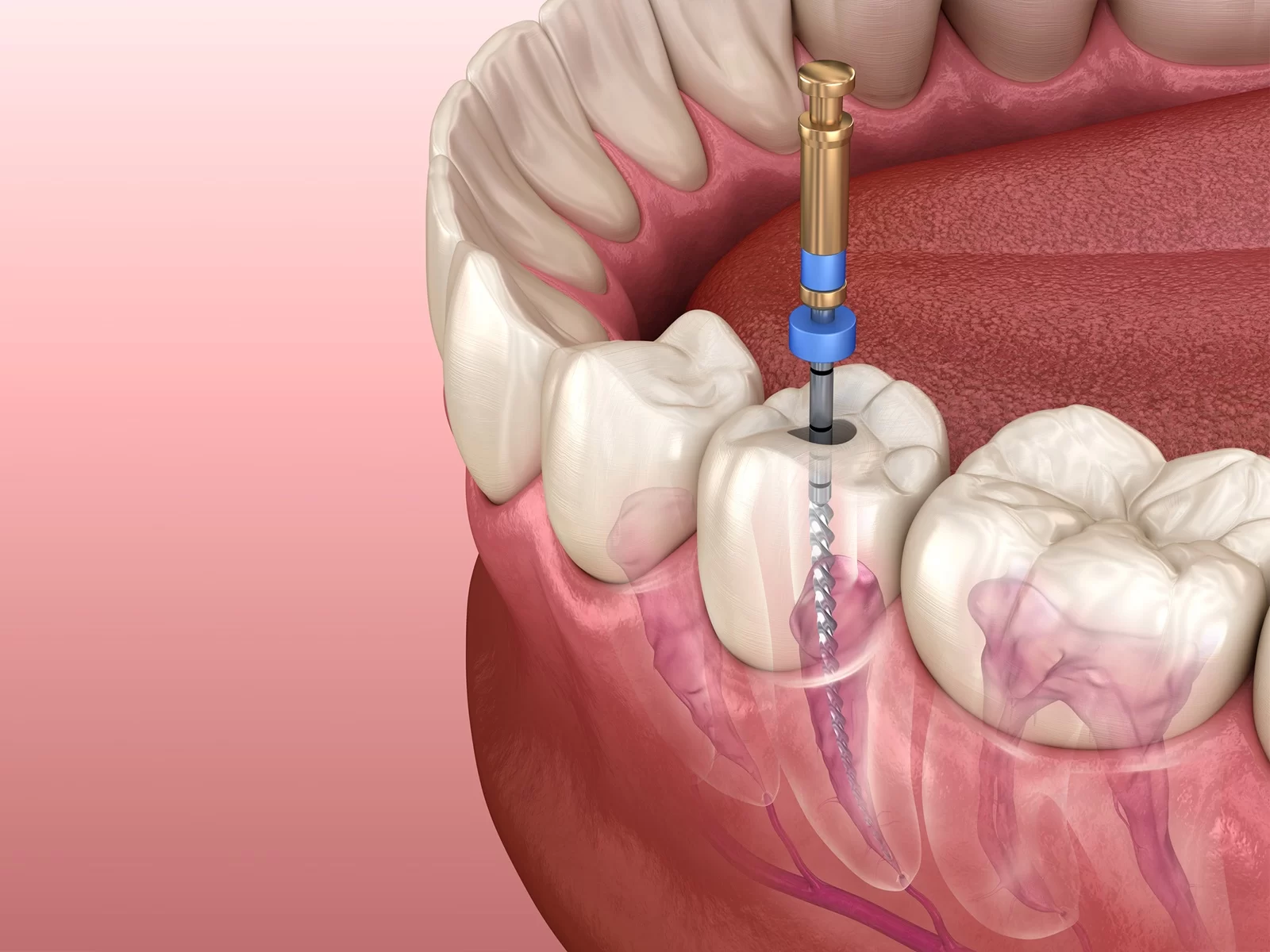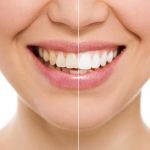
How to Prevent Tooth Infections After Dental Surgery: Essential Aftercare Tips
- 1. The Importance of Preventing Tooth Infections After Surgery
- 2. Immediate Care After Dental Surgery
- 3. Proper Oral Hygiene Post-Surgery
- 4. Diet Tips to Promote Healing and Prevent Infections
- 5. Recognizing the Early Symptoms of Tooth Infections
- 6. When to Seek Professional Help for an Infection
1. The Importance of Preventing Tooth Infections After Surgery
Dental surgery, whether it's a simple extraction or a more complex procedure like root canals or implants, is an important part of maintaining oral health. However, it also opens the door to potential complications, with tooth infections being one of the most common and concerning. I remember undergoing a tooth extraction years ago, and the recovery period felt overwhelming. My dentist stressed the importance of preventing infections, which made all the difference in my recovery.
Preventing infections after dental surgery is critical because infections can lead to severe complications, including prolonged pain, swelling, or even the spread of the infection to other parts of the body. In some cases, an untreated infection could compromise the success of the dental procedure itself. That’s why following proper aftercare instructions is absolutely essential for a smooth recovery.
2. Immediate Care After Dental Surgery
After undergoing dental surgery, the first few days are crucial for ensuring that your mouth heals properly and remains free from infection. The immediate aftercare steps you take can make a big difference in your recovery process. Immediately after your procedure, your dentist will likely provide specific instructions to help prevent complications, but here are a few general tips I found helpful:
First, you’ll probably be advised to bite down gently on a gauze pad for 30-45 minutes to control bleeding. It's important to rest for the first 24 hours and avoid any strenuous physical activity, as this can increase blood pressure and potentially lead to bleeding or delayed healing. I also made sure to avoid touching the surgical site with my fingers or anything else, as bacteria from your hands can increase the risk of infection.
3. Proper Oral Hygiene Post-Surgery
Oral hygiene is a major factor in preventing tooth infections after surgery. I learned the hard way that neglecting proper care can lead to infection. After the initial recovery phase, maintaining a clean mouth is essential to prevent bacteria from accumulating around the surgical site. But you also need to be cautious about not disturbing the healing tissue.
For the first few days, I was instructed to avoid brushing directly on the surgical site. Instead, I gently brushed the rest of my teeth and used a mild saltwater rinse to cleanse my mouth. Saltwater helps reduce swelling and keeps bacteria at bay, making it an excellent natural antiseptic. Once the area healed a little, I started brushing normally, being careful to avoid any aggressive movements around the healing area. My dentist also recommended using an antimicrobial mouthwash to help keep the surgical site free from infection.
It’s important not to use a hard-bristled toothbrush right after surgery, as it could irritate or damage the healing tissue. I switched to a soft-bristled toothbrush for extra gentleness during the healing period.
4. Diet Tips to Promote Healing and Prevent Infections
Your diet plays a significant role in the healing process after dental surgery. I quickly realized that eating soft, non-acidic foods during the recovery phase helped protect the surgical site while promoting healing. I avoided foods like hard snacks, chips, and anything too crunchy that could disturb the healing area or get stuck in the wound.
I also learned that sugary and sticky foods can contribute to bacterial growth, increasing the risk of infection. Instead, I focused on a diet rich in vitamins and minerals, especially vitamin C and zinc, which are known to support tissue healing and boost immune function. Soft foods like yogurt, mashed potatoes, smoothies, and soups became my go-to meals during the first few days. Also, drinking plenty of water helped keep my mouth hydrated and aided in flushing out food particles from the surgical area.
Limiting alcohol and tobacco use is also essential, as these can slow down the healing process and increase your risk of infection. I found that sticking to a balanced, nutritious diet helped me recover faster and prevented complications.
5. Recognizing the Early Symptoms of Tooth Infections
Being aware of the early signs of a tooth infection after dental surgery is crucial. The sooner you can identify a problem, the quicker you can seek treatment. Some common symptoms I kept an eye out for included persistent or increasing pain, swelling, redness around the surgical site, a foul taste or smell in my mouth, and difficulty opening my mouth or swallowing.
If you notice any of these symptoms, it's important to contact your dentist right away. Early intervention is key to preventing the infection from spreading or worsening. Fortunately, by staying proactive and vigilant, I was able to avoid any serious infections during my recovery.
6. When to Seek Professional Help for an Infection
Sometimes, despite our best efforts, infections can occur. If you suspect you have an infection or if your symptoms worsen despite following aftercare instructions, it’s important to seek professional help as soon as possible. I’ve learned that waiting too long can lead to more severe complications, and that’s something no one wants to experience after dental surgery.
Your dentist may need to drain the infection, prescribe antibiotics, or recommend further treatments to clear up the infection. I had to visit my dentist for a follow-up exam a week after my surgery, just to ensure everything was healing properly. It’s always better to err on the side of caution, as infections left untreated can lead to serious health problems.
If you're looking for more detailed aftercare advice or if you need products to assist in your recovery, I highly recommend checking out Dentistry Toothtruth, where you'll find expert recommendations and tips on how to properly care for your mouth during and after dental surgery. Maintaining good oral hygiene and taking proper precautions can make all the difference in preventing infections and ensuring a smooth, healthy recovery.







 Ocean County Endodontics LLC: Mc Cafferty Ryan J DDS4.0 (8 review)
Ocean County Endodontics LLC: Mc Cafferty Ryan J DDS4.0 (8 review) ADVANCED SMILES PC4.0 (205 review)
ADVANCED SMILES PC4.0 (205 review) Emergnecy Dentist 24/7 Fontana0.0 (0 review)
Emergnecy Dentist 24/7 Fontana0.0 (0 review) Lake Forest Dental Associates4.0 (230 review)
Lake Forest Dental Associates4.0 (230 review) Dental Dreams - Cottman3.0 (1666 review)
Dental Dreams - Cottman3.0 (1666 review) Dr. Marvin R. Winter, DDS5.0 (9 review)
Dr. Marvin R. Winter, DDS5.0 (9 review) The Importance of Oral Health Education During Pregnancy for a Healthy Pregnancy
The Importance of Oral Health Education During Pregnancy for a Healthy Pregnancy Best Tips for Brushing Your Teeth Properly for Healthy Gums: Essential Techniques for Oral Health
Best Tips for Brushing Your Teeth Properly for Healthy Gums: Essential Techniques for Oral Health Why Skipping Dental Checkups Can Lead to Bigger Oral Health Problems
Why Skipping Dental Checkups Can Lead to Bigger Oral Health Problems Advantages of Porcelain Dental Restorations
Advantages of Porcelain Dental Restorations How Can Diabetes Cause Tooth and Gum Problems? Preventing and Managing Oral Health Issues
How Can Diabetes Cause Tooth and Gum Problems? Preventing and Managing Oral Health Issues Healthy Habits for Promoting Good Oral Health and Hygiene: Tips for a Healthy Smile
Healthy Habits for Promoting Good Oral Health and Hygiene: Tips for a Healthy Smile